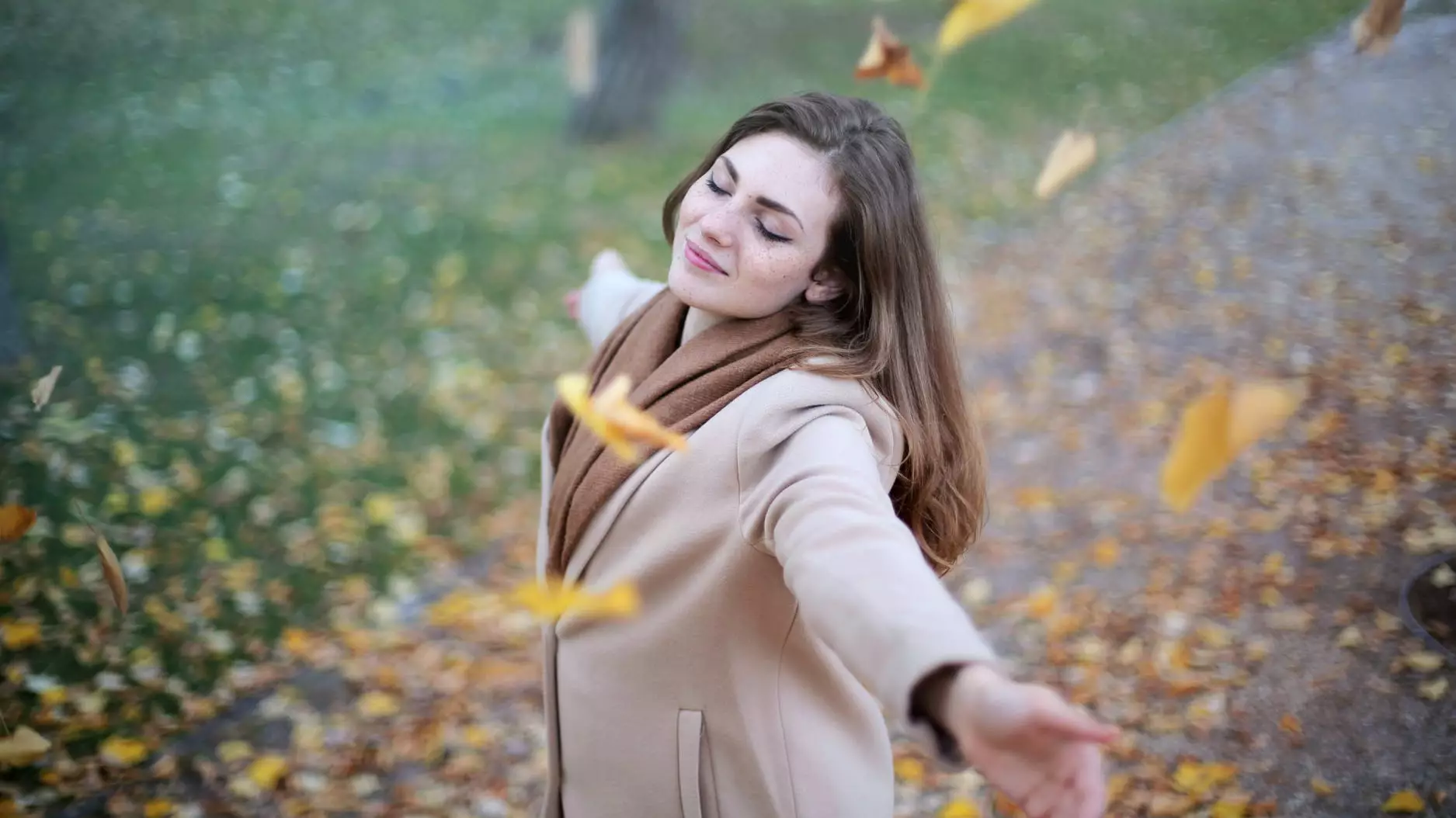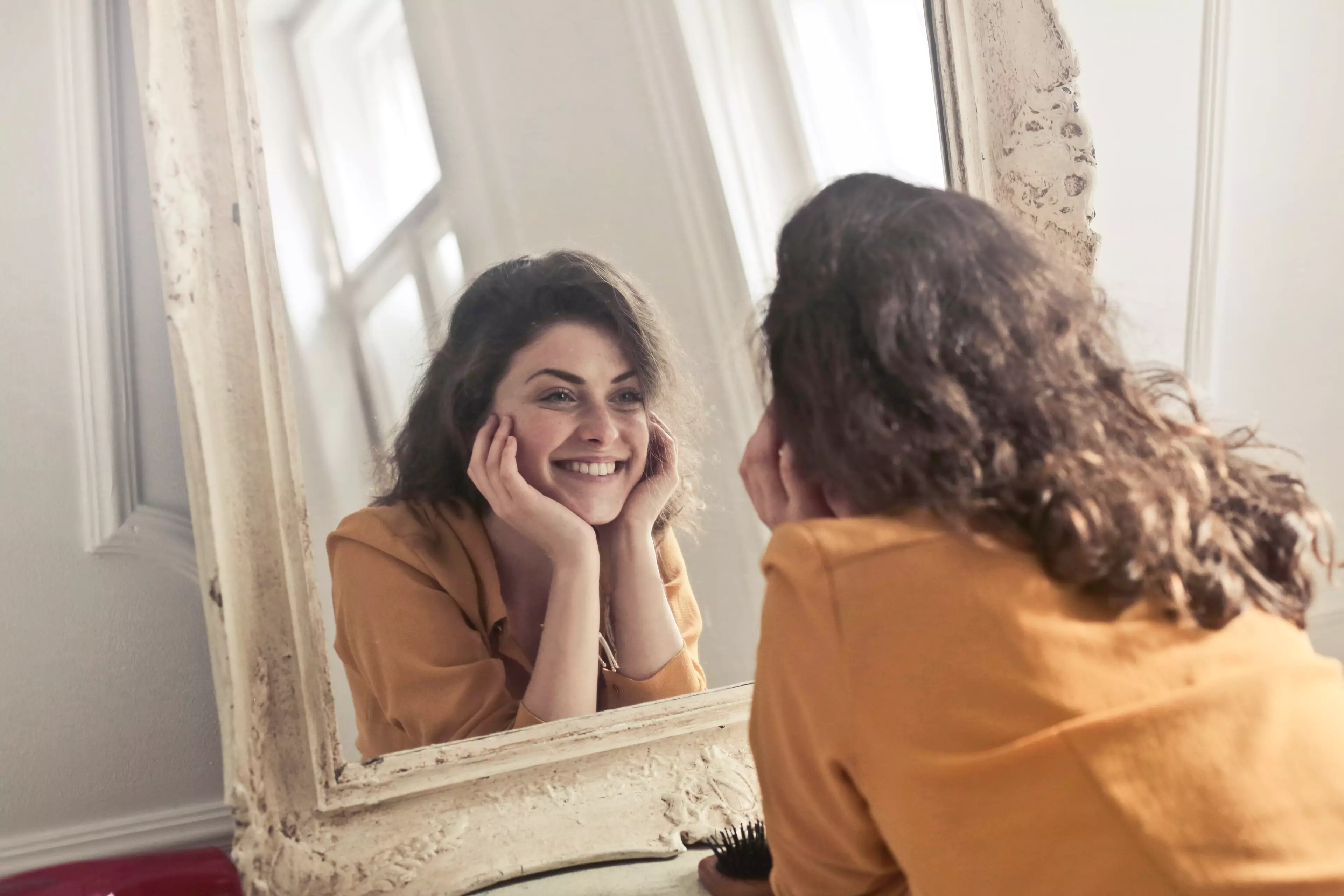
The age that your self-esteem officially peaks has been revealed as 60, and it definitely sounds like the older we get the more confidence we have in life.
Although it may not be as early as we would have hoped, it does mean that we have plenty of time to work on the relationships we hold with ourselves to help us reach peak self-esteem and confidence.
How we feel about ourselves often changes depending on our own life experiences, which can ultimately affect our self-esteem in the long run.

So it is no surprise that this new research from the Psychological Bulletin reveals that our self-esteem peaks when we are 60-years-old, when we are much more mature.
Advert
The paper looked at more than 300 studies on self-esteem in different age groups.
The recently published study found that self-esteem increased until the highest point at 60, and then started to decline when the person hit 70 until dropping significantly at 90.

It was also noted that the relationship we have with ourselves improves steadily over the first few decades of our lives, which can only be a good thing.
Advert
Self-esteem can be defined as 'a person's subjective evaluation of his or her worth as a person', and plenty of factors can affect it.
The peak at 60 could be down to either feeling more confident in who you are, not caring what other people think or being at peace with your body, maybe due to increased life experience.
Social media can have a huge impact on your self-confidence but one influencer shared a video with her followers, proving that keyboard-warriors don't actually care what you look like, they just want to spread negativity regardless.
Advert
Several studies have also linked social media to higher levels of envy, anxiety, loneliness, depression, nacission and even decreased social skills.
Featured Image Credit: Pexels